The house which the late MDC-T leader, Morgan Tsvangirai built in 2017 with the co-operation of six other opposition parties is falling apart.
Its centre is failing to hold any longer and the political outfit is set to crumble ahead of the July 30 harmonised election.
Right from the beginning, Tsvangirai was at loggerheads with senior party members such as his then deputies, Thokozani Khupe and Nelson Chamisa, over joining other parties in the proposed grand coalition.
Chamisa and Khupe as well as other senior members were strongly opposed to the grand coalition idea. Khupe felt that joining any political grouping was only necessary in areas where the party fared badly while Chamisa contended that the MDC-T had a long history in the opposition, enjoyed huge support and, therefore, should take on Zanu-PF on its own.
Chamisa, who most MDC-T youths looked up to as a role model, became a source of influence to the party's young generation supporters on the issue.
In view of this background, the coalition stood very little chance of survival. The ill-fated nature of the alliance was evident when the idea of a grand coalition only materialised as a seven member collective of the MDC-T and six small opposition parties.
Less than a year down the line, the harsh reality of the incompatibility of a large opposition party and six largely unknown parties is coming to the fore. The glitz and glamour of the launch of the alliance in Highfield, Harare in August 2017 is slowly mutating into open conflict over the allocation of National Assembly seats between the MDC-T and its alliance partners.
It is a matter of time before bare knuckles are traded in the alliance.
Despite the evident emerging fissures in the alliance over its presidential candidate during Tsvangirai's tenure, smaller member opposition party leaders have clung on in the hope of benefitting from the MDC-T's perceived size and popularity since most of them barely have any meaningful membership and structures on the ground. The MDC-T took advantage of the parties' plight to name the alliance after itself and literary calling the shots.
As July 30 draws near, some of the small parties are realising that the MDC-T is not that magnanimous as it presented itself during the early stages of the political union.
In March this year, during Transform Zimbabwe (TZ)'s congress, that party's leader, Jacob Ngarivhume, registered his disquiet over the way the MDC-T was handling the issue of seat allocations in the alliance in preparation for the forthcoming elections.
He bemoaned what he termed the general disregard for the letter and spirit of the alliance agreement by the MDC-T by allocating seats meant for other alliance partner parties to its own members.
Ngarivhume expressed his frustration with the MDC-T's political gamesmanship at the expense of other parties. So widespread have been the machinations of the MDC-T that the member parties feel the alliance now depends on the MDC-T's party infrastructure for its daily operations, making them subordinate to the Chamisa-led party.
TZ is not the only one which is increasingly getting agitated by the MDC-T's bossy and big brother political antics. The People's Democratic Party (PDP) whose leader, Tendai Biti, sits at the top table of the alliance with Chamisa, is not happy with the MDC-T either.
Despite Biti being tasked with crafting the alliance's manifesto, the PDP is very cross with the MDC-T for withdrawing 13 of the PDP's allocation of 14 seats for re-allocation to some of the MDC-T's members and anticipated members of the National Patriotic Front, which it is courting. The PDP is set to only retain Harare East constituency, which Biti is eyeing.
Apart from these two parties, there is general feeling among the alliance partners that the MDC-T allocated them seats in Zanu-PF's strongholds, consigning them to definite defeat. They are also grossly unhappy with the MDC-T's new-found obsession with the NPF at the expense of the founding members and their unresolved concerns. The parties are coming to the realisation that they were made mere chess pieces in Chamisa's over-ambitious political games.
Chamisa has held many campaign rallies around Zimbabwe and alliance partners have realised that to Chamisa, the alliance is all about himself — nothing more, nothing less. All his campaign messages have so far been about his much-dreamt-about presidency of the country.
He has not campaigned for any alliance member and he has so far given his fellow alliance leaders only a few minutes each to address gatherings at rallies.
It is only two months before the elections, which Chamisa has been making so much noise about, but his partners are disappointed that the alliance manifesto is yet to be released to the electorate.
It is evident that the MDC-T was never committed to the alliance. Its ulterior motive was to use them to lure Western lucre using a token coalition. It is emerging that Tsvangirai and Chamisa secretly sought to play the proverbial shiri yakangwara inovaka dendere neminhenga yedzimwe (a clever bird which uses other birds' feathers to build its nest).
In view of the MDC-T's glaring political chicanery, it is time that members of the other alliance partners opened their eyes and vote from an informed point of view. They need to vote for candidates of their own choice and refuse to be forced by their leaders to vote for certain politicians simply because their parties are members of an openly one-sided political union.
- the herald
 Machakaire lashes out at 'lazy, rogue' govt officials
Machakaire lashes out at 'lazy, rogue' govt officials  Why was Makate penalised for SCA Judges' mistakes?
Why was Makate penalised for SCA Judges' mistakes?  UK's Boris Johnson quits over Brexit stretegy
UK's Boris Johnson quits over Brexit stretegy  First Mutual to list Zimbabwe's first gold ETF
First Mutual to list Zimbabwe's first gold ETF 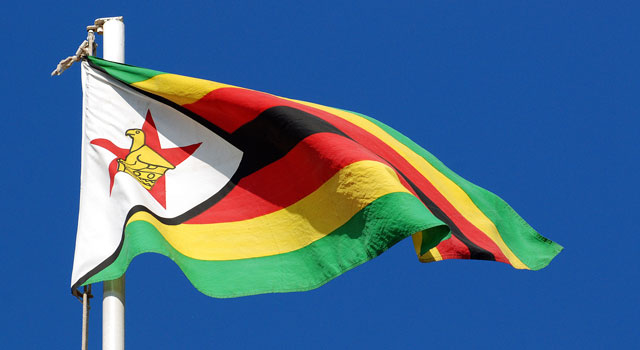 Zimbabwe on track for 6% growth
Zimbabwe on track for 6% growth  Hwange Colliery sinks US$3,5m in new equipment
Hwange Colliery sinks US$3,5m in new equipment  Young Investment Professional (YIP) Graduate Programme 2019
Young Investment Professional (YIP) Graduate Programme 2019 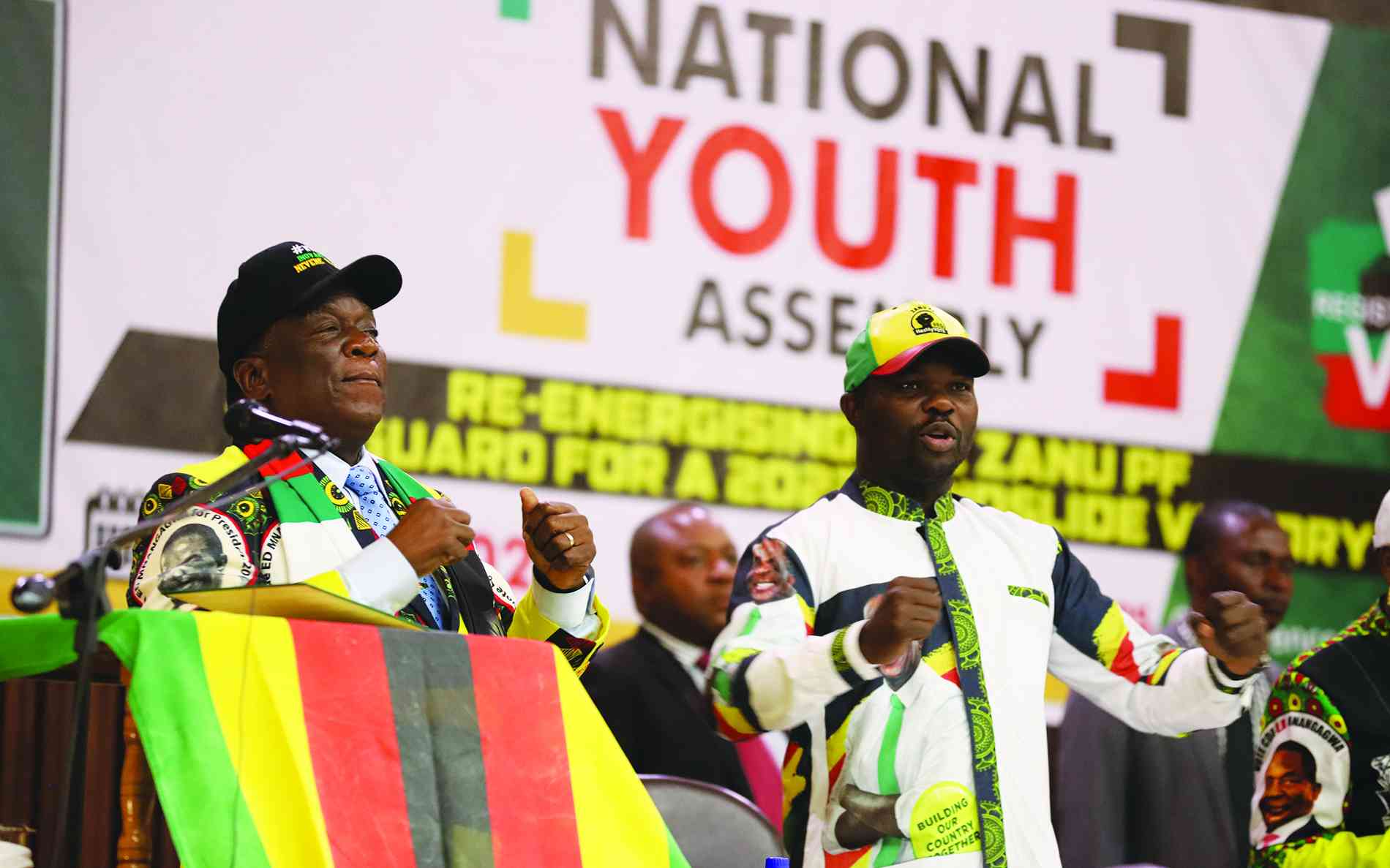



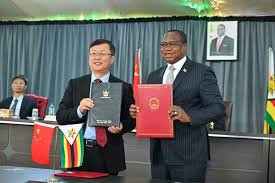
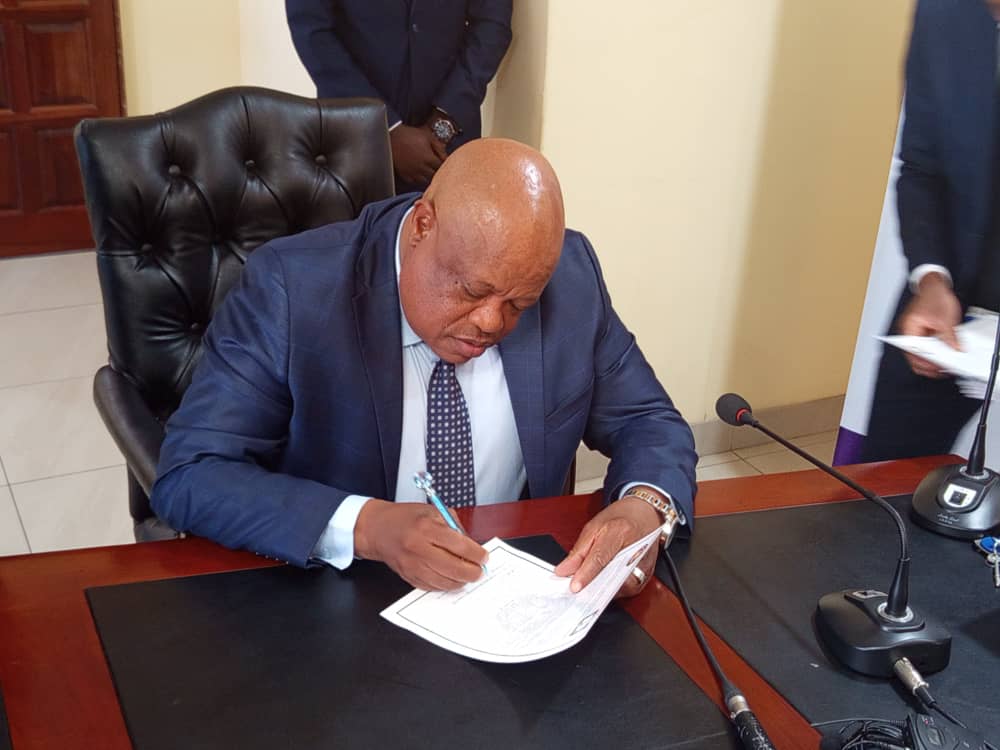

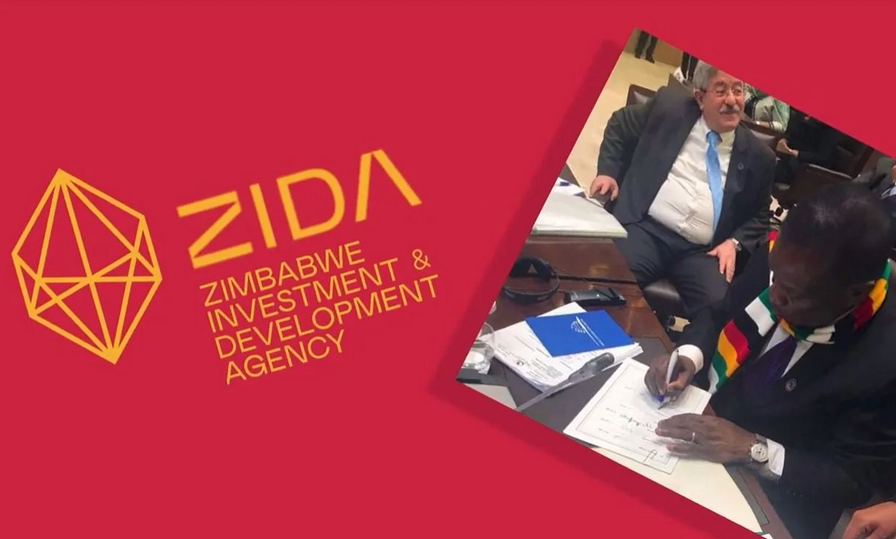

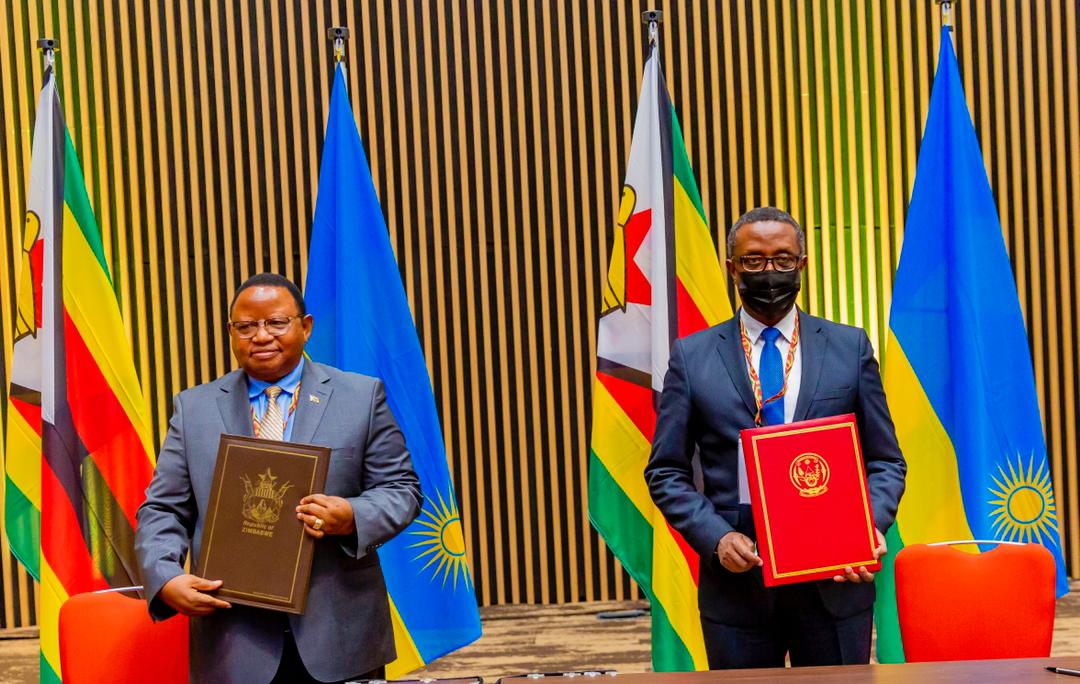

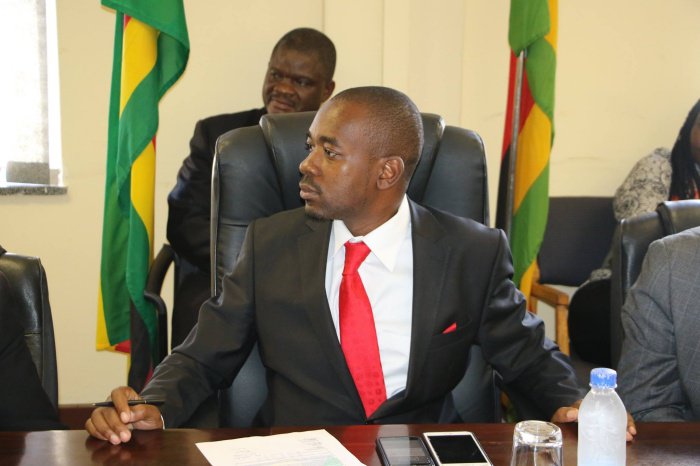
 Young Investment Professional (YIP) Graduate Programme 2019
Young Investment Professional (YIP) Graduate Programme 2019
Editor's Pick